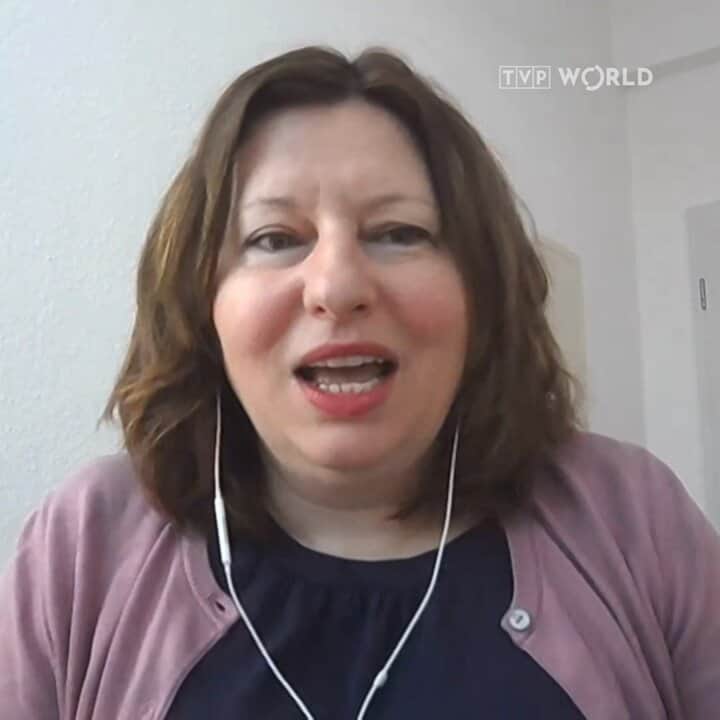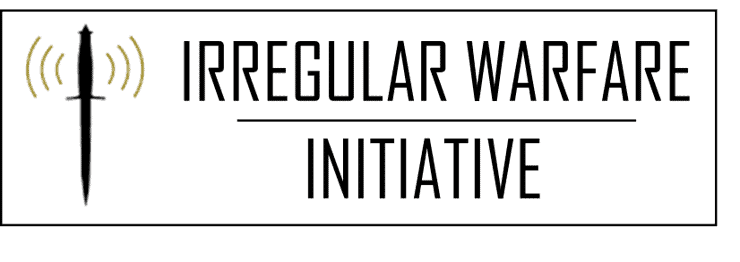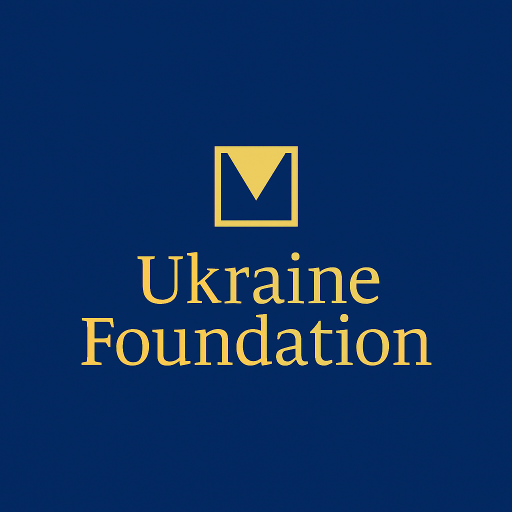Our Non-Resident Senior Fellow, Peace Processes and Conflict Resolution, Dr. Mariya Heletiy discussed her latest research “Lessons Learned from the Balkans and Nagorno-Karabakh” published in Ukraine Analytica, and in Oxford University’s St. Antony’s International Review, where she explores historical lessons applicable to Ukraine’s current war and peace efforts.

About Dr. Mariya Heletiy
Dr. Mariya Heletiy is a Ukrainian political scientist and international relations expert specializing in conflict resolution, democratic governance, and civil society development. With over 20 years of experience across academic, governmental, and nonprofit sectors, she has dedicated her career to promoting peace, strengthening democratic institutions, and supporting Ukraine’s post-conflict recovery and international integration. She currently resides in Berlin, Germany, where she continues her work in international diplomacy and policy advocacy.
Dr. Heletiy has served as the Deputy Chief of Party for the USAID Ukraine Civil Society Sectoral Support Activity, a five-year initiative led by a consortium of Ukrainian civil society organizations including Ednannia, CEDEM (Center for Democracy and Rule of Law), and UCIPR (Ukrainian Center for Independent Political Research). In this role, she focused on improving the legal framework, sustainability, and institutional resilience of Ukrainian CSOs during wartime and beyond.
Previously, she managed political process and elections programs for USAID Ukraine, contributing to transparent electoral reform and inclusive democratic participation. She also led security and policy projects at the Open Ukraine Foundation, promoting Euro-Atlantic cooperation and supporting regional leadership in foreign policy.
Earlier in her career, Dr. Heletiy founded and directed the European Information and Research Center of the Verkhovna Rada of Ukraine, now integrated into the Parliament’s Research Service. In that capacity, she played a key role in fostering EU-Ukraine legislative cooperation and policy research.
Dr. Heletiy holds a Ph.D. and Master’s degree in International Relations from academic institutions in Ukraine, with a doctoral focus on post-Yugoslav conflict resolution and peace-building. She also completed research fellowships at the Maxwell School of Citizenship and Public Affairs at Syracuse University and the University of California, Berkeley, where she expanded her expertise in international conflict analysis and comparative peace processes.
Dr. Heletiy is an active contributor to policy and academic discourse on peace and conflict. Her recent publications include “Peace Formula and Lessons Learned from the Balkans and Nagorno-Karabakh” in Ukraine Analytica, and an op-ed in St. Antony’s International Review, where she explores historical lessons applicable to Ukraine’s current war and peace efforts.
She serves on the advisory board of the International Diplomacy Initiative and collaborates with networks that support democratic resilience, civil society empowerment, and post-war reconstruction in Ukraine and Eastern Europe.
Dr. Heletiy is fluent in Ukrainian, English, and Serbian.
The discussion will be moderated by Olena Chepurna.
Looking Ahead
Our next Espresso Conversation on July 10 will feature Ukraine Foundation’s Distinguished Senior Fellow, Eastern European Affairs and Economics, Professor Theocharis N. Grigoriadis, who will discuss “how Ukraine can regain a competitive edge on the global grain market.”
Princeton University & Modern War Institute At West Point: Dr. Mariya Heletiy Publishes “The Balkans Model and Conditions for Peace in Ukraine” In the Irregular Warfare Initiative
We are proud to share the latest contribution from Dr. Mariya Heletyi, whose new article has been published by the Irregular Warfare Initiative, a joint project of Princeton University’s Empirical Studies of Conflict and the Modern War Institute at West Point.

In “The Balkans Model and Conditions for Peace in Ukraine,” Dr. Heletiy draws on the experience of the Balkan conflicts to analyze the irregular warfare nature of Russia’s invasion of Ukraine—and what it means for peacebuilding. Her analysis offers a sobering but necessary perspective: that peace in Ukraine cannot be built on traditional negotiations alone.
Using the backdrop of Russia’s repeated violations of ceasefire agreements—most recently its broken “Easter truce”—Dr. Heletiy argues that today’s hybrid conflicts require more than diplomatic handshakes. The war in Ukraine spans far beyond the battlefield, touching diplomatic, informational, economic, humanitarian, and military fronts. As she points out, ceasefires in irregular conflicts often serve less as a path to peace and more as a pause for regrouping and rearming.
Drawing lessons from the Balkans, Dr. Heletiy proposes that irregular warfare tools—such as economic pressure, information campaigns, and unconventional tactics—must be part of any comprehensive strategy for sustainable peace. Her article warns against the false comfort of conventional approaches that do not account for the ideological drivers, asymmetries, and non-state actors that continue to shape today’s conflicts.
We encourage everyone interested in peace and security in Ukraine and beyond to read Dr. Heletiy’s full piece, which brings deep insight and strategic clarity to one of the most pressing issues of our time.
TVP World, UATV, National Public Broadcasting Suspline, Freedom TV, Kyiv24 News: Watch Dr. Mariya Heletiy’s latest media appearances
Check out Dr. Maria Heletiy’s latest publications
Peace Formula and Lessons Learned Fom the Balkans
and Nagorno-Karabakh, Ukraine Analytica, Issue 2 (34), 2024
